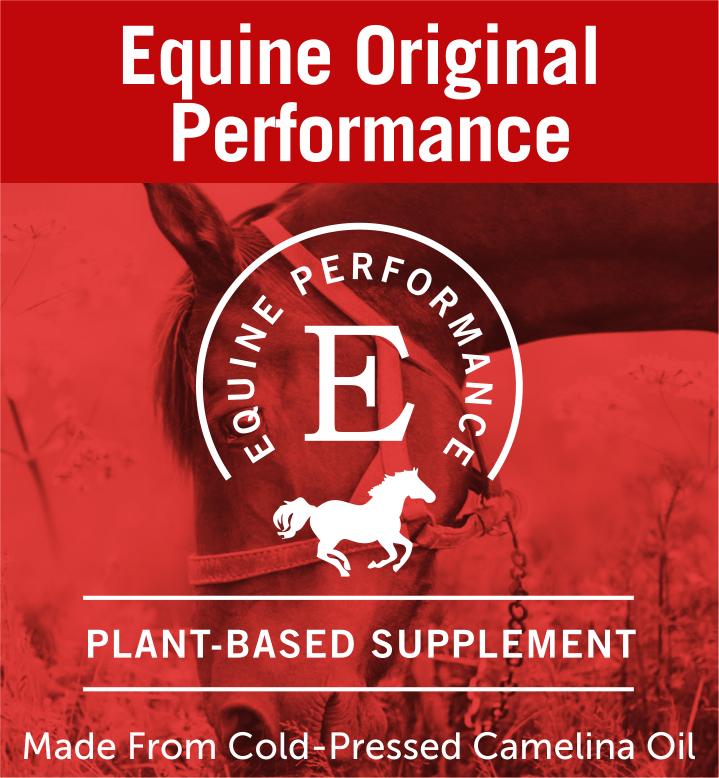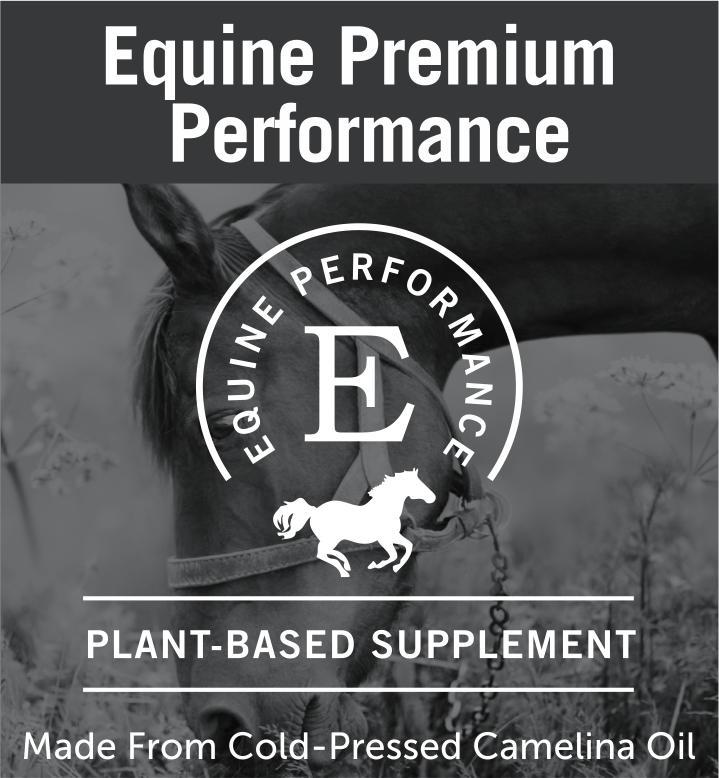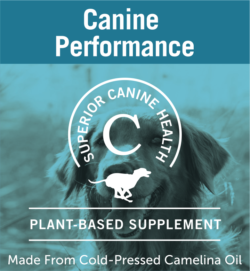Each of us needs the proper nutrients to attain and maintain optimum health, but sometimes the nutrients we need are not a part of our daily diet. Therefore, that explains why more than 200 million people in 2016 bought vitamins or dietary supplements to provide the necessary nutrients to their daily diet.
Proper nutrients through diet and vitamin supplements help to build a strong immunity system and thus less illness. In contrast, people with low immunity levels tend to contract many illnesses and often suffer for a longer duration than healthy individuals.
In November 2005, the DSEA (Dietary Supplement Education Alliance) found in a study that seniors live longer and more independent lives when taking vitamin supplements. In addition, further evidence of dietary supplements are acknowledged by the DSIB (Dietary Supplement Information Bureau) who also reported that vitamin supplements help people live longer, healthier lives.
As healthcare costs and health insurance skyrocket, preventive self-care seems to be more widely accepted. Many individuals can benefit from the use of dietary supplements and vitamins. Vitamins can help reduce healthcare costs by billions of dollars. Better health is attained and maintained by dietary supplements thus less illness.
The following dietary supplements may be of value to the immune system:
· Vitamin C provides antioxidant to cells, and may reduce the risk of cardiovascular disease and some forms of cancer.
· Vitamin E found in WIld Gold may reduce free radical damage and cut the risk of diabetes, and cancer.
· Vitamin A helps support mucous membranes, and the skin.
· Selenium may help protect against prostate cancer and is known as an anti-aging nutrient.
· Coenzyme Q10 may help generate energy for metabolism.
· Omega-3 fatty acids benefit the heart and the nervous system.
Remember, you still have to eat healthy. Get as many vitamins, minerals, amino acids, and fatty acids in your diet as possible. In addition, you can also consider taking a dietary supplement to make-up for what is lacking. Taking dietary supplements is a good way to make sure that you get all the nutrients that you may need.
The role of omega-3 fatty acids in cardiovascular disease is well established. One of the best ways to help prevent heart disease is to eat a diet low in saturated fat and to eat foods that are rich in omega-3 fatty acids. Clinical evidence suggests that EPA and DHA (eicosapentaenoic acid and docosahexaenoic acid) help reduce risk factors for heart disease, including high cholesterol. Several clinical studies also suggest that diets rich in omega-3 fatty acids help protect against stroke caused by plaque buildup and blood clots in the arteries that lead to the brain and lower blood pressure in people with hypertension.



